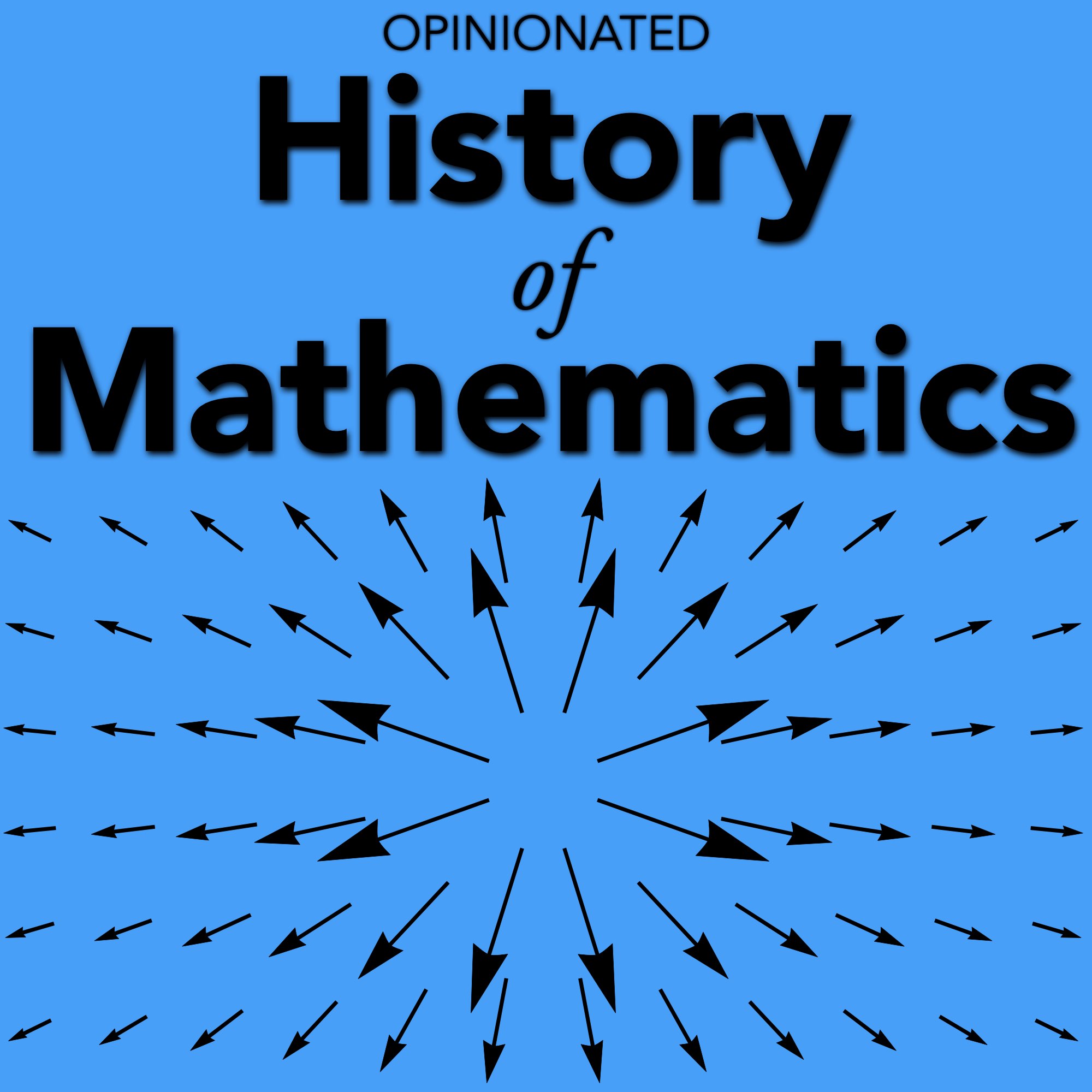Created equal: Euclid’s Postulates 1-4
Description
The etymology of the term “postulate” suggests that Euclid’s axioms were once questioned. Indeed, the drawing of lines and circles can be regarded as depending on motion, which is supposedly proved impossible by Zeno’s paradoxes. Although whether these postulates correspond to ruler and compass or not is debatable, especially since Euclid seems to restrict himself to a “collapsible” compass in Proposition 2. Furthermore, why did Euclid feel the need to postulate that “all right angles are equal”? Perhaps in order to rule out non-flat surfaces such as cones.
More Episodes
Copernicus’s planetary models contain elements also found in the works of late medieval Islamic astronomers associated with the Maragha School, including the Tusi couple and Ibn al-Shatir’s models for the Moon and Mercury. On this basis many historians have concluded that Copernicus must have...
Published 11/29/23
Published 11/29/23
Einstein’s theory of special relativity defines time and space operationally, that is to say, in terms of the actions performed to measure them. This is analogous to the constructivist spirit of classical geometry.
Published 07/23/23


